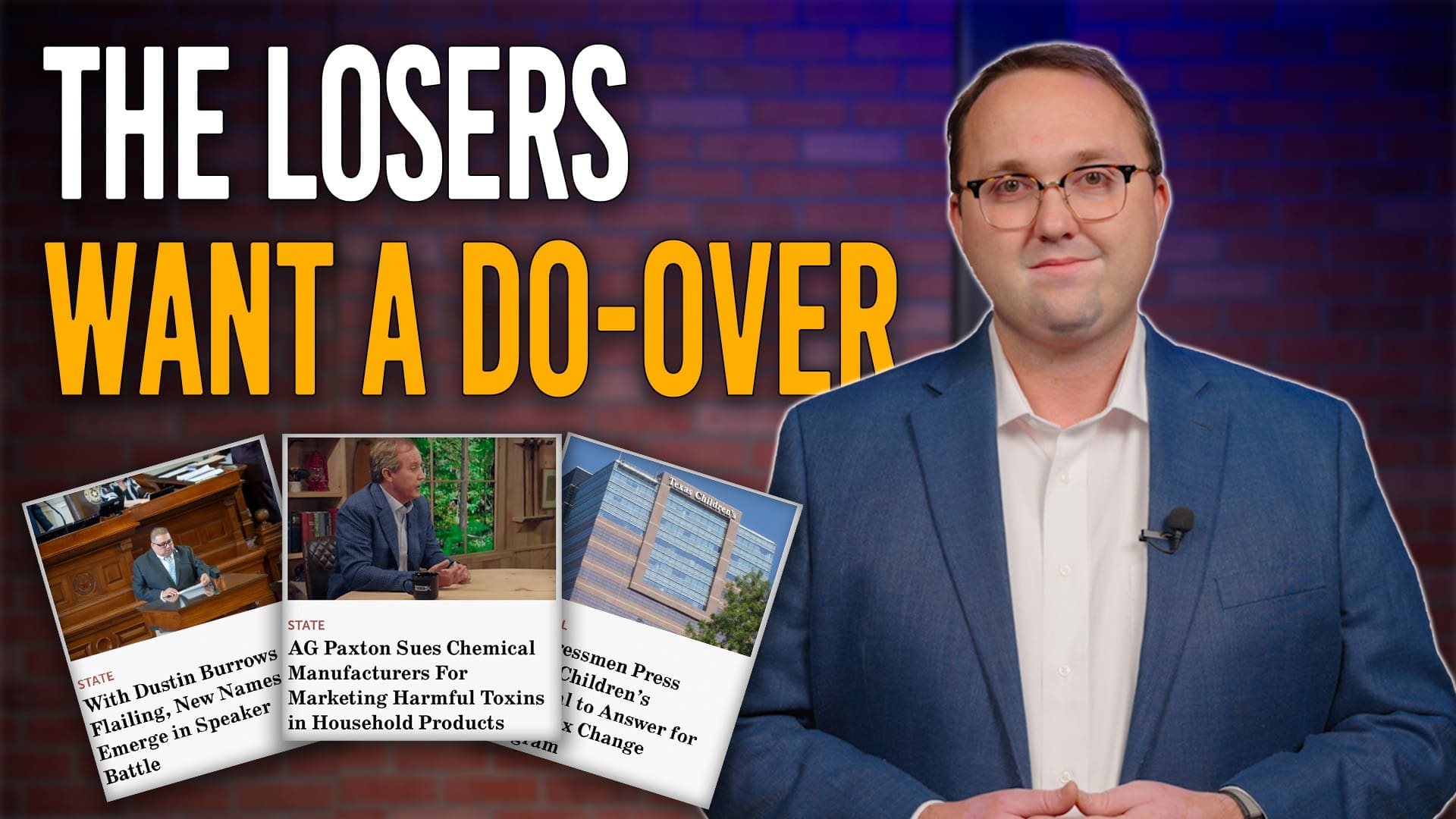With the Texas Senate moving at a speedy clip, property rights are the primary focus this week. But will property rights actually be protected by Senate Bill 18? It needs work.
It’s been almost six years since the US Supreme Court all but vacated fundamental property rights in the United States by giving unprecedented authority to local governments wanting to transfer ownership for dubious claims of economic development.
Beginning almost immediately after that decision, private property rights have become a political football in generally property–ownership-friendly Texas. There’s lots of blame to go around to various political leaders, and as a result too little for property owners to show for years of talking.
Texas Gov. Rick Perry made eminent domain reform an emergency issue for this legislative session, and the Senate has moved quickly. Senate Bill 18 has the support of 2/3rds of the upper chamber (maybe a warning sign in itself). It is expected to be the floor sometime this week – perhaps even as early as Tuesday, Feb. 8, though the State of the State address might push it back a day.
We will be scoring votes on eminent domain reform on the Fiscal Responsibility Index, because of the important role property rights play in a free and healthy economy. But Texas needs legislation that actually enhances private property rights and reform eminent domain policy.
As it stands now, SB18 probably doesn’t do any new harm, but it also leaves some gapping problems unaddressed. That’s not an acceptable outcome; Texans are expecting bold results this session, not window-dressing.
Frankly, SB18 could stand some improvements, either on the Senate floor or when it gets taken up by the House.
For example, the eminent domain laws must to be clarified to ensure that if property isn’t used for the specific purpose under which it was taken, then it should be offered back to the owner. This “buy-back” issue is an important one, especially as it involves the use of the words “use” and “purpose.”
As such, it should be clarified under law that eminent domain takings are only to be allowed in Texas for public use and not merely a public purpose. The difference between use and purpose are huge – it’s the difference between takings for schools, roads and the like, and taking to hand the property over to politically connected developers or other interests.
Finally, existing law puts the burden on landowners to prove a taking shouldn’t take place, rather than on the government to prove that it should. That needs to change; government should be required to prove that the taking is necessary for a public use. Without such proof, the taking should be stopped.
Improving SB18 might get us there. A critical task for this legislature is improving Texas’ property rights and reforming eminent domain policies.




